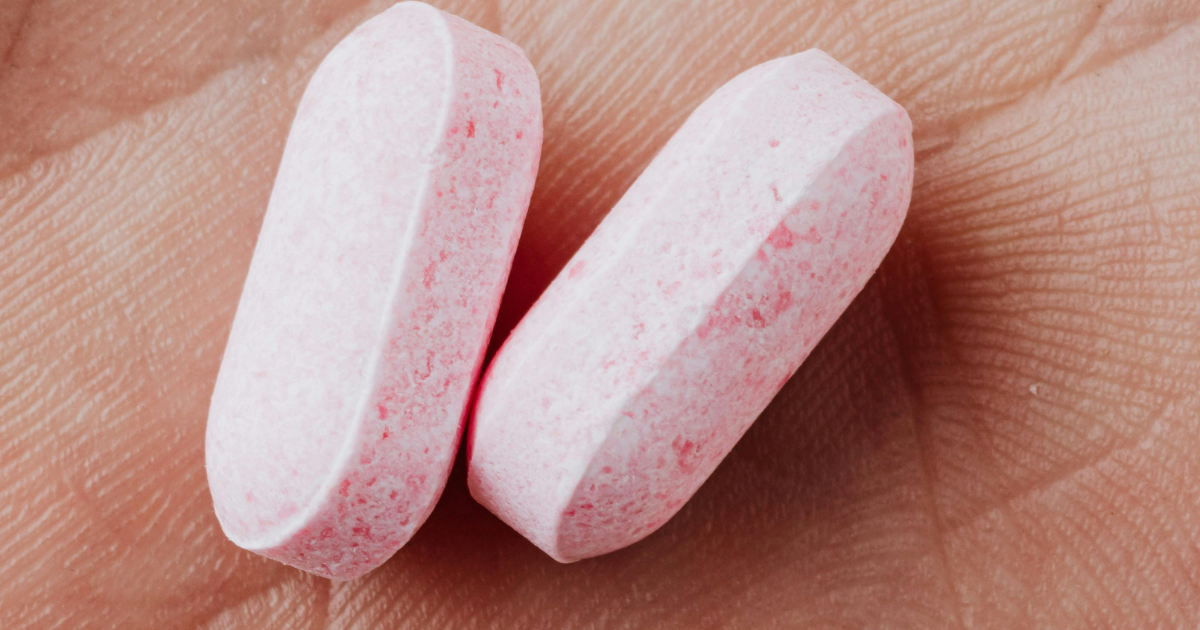Gabapentin is the most popular medicine used to treat pain in nerves, seizures, and restless leg syndrome. It has become widely used because of the slight possibility of abuse and high efficiency.
However, it is essential to know how long does gabapentin stays in your system, when it has been consumed with prescription instructions, or when it is being abused.
In this blog post, we will explore gabapentin’s half-life, metabolism, clearance, and detection time, as well as how to use gabapentin to help others with the same issues via centers such as Opus Treatment.
How Long Does Gabapentin Stay in Your System?
How long does gabapentin stay in your system? It depends on various biological and pharmacological factors. On average, it spends between 5 and 7 days in the system. However, the trace of its existence may differ due to the nature of the administration.
Unlike other drugs, gabapentin is not extensively metabolized in the liver. However, it is carried out mainly by the kidneys and renal function, significantly impacting the longevity of the drug.
Most individuals metabolize this drug within 48 hours of the last dose, and traces may still be observed in the urine or blood relative to several factors.
Gabapentin Half-Life and Its Implications
Gabapentin’s half-life, or the period required to eliminate 50 percent of this compound in the blood, is within 5 to 7 hours in healthy adults. This implies that in 24 hours, the proportion of the drug in the blood will be removed, with a possibility of some residues in other parts of the body.
However, half-life is not held directly proportional to the effects of drugs or whether one can be detected in drug testing. The therapeutic effects are known to disappear within hours, but the residues of gabapentin could be detectable for the next few days.
This short half-life also requires several doses a day by users of gabapentin during prescribed/treatment conditions. American Addiction Centers (AAC) stated on how long gabapentin stays in your system and its implications in more detail.
Factors Influencing Gabapentin Metabolism
Unlike other drugs, which are metabolized in the liver through the cytochrome P450 enzyme system, gabapentin is poorly metabolized by the liver. However, it is absorbed in the gastrointestinal system and is passed unchanged in the urine. With this being said, the following are factors that have a strong influence on the metabolism as well as the elimination of gabapentin:
- Kidney Function. Kidneys that are going through any malfunction will slow down the gabapentin elimination. However, this will aid in increasing the drug concentration.
- Age. With age, organ functioning can usually be slowed down, which can also impact the duration of the drug in the body.
- Hydration levels. As you know, gabapentin clearance is proportional to hydration levels because its major route of elimination is urination.
- Dosage and Frequency. Overdose or long-term use of this drug can lead to accumulation in the body, which can prolong the gabapentin detection time.
- Body Composition. Individuals with high fat composition on the body may experience a longer time to eliminate gabapentin than those with low fat.
Gabapentin Detection Time in Drug Tests
Even though gabapentin is not always put into regular drug panels, the presence of the drug may be identified by specialized testing. Following is its detection windows overview:
- Urine Test. Mayo Clinic Labs stated that gabapentin may be found in urine within 2 – 4 days of the last dose of the medicine. However, this window can extend in people with poor kidney function.
- Blood Test. This is the least preferred option for drug detection, but it can show the presence of gabapentin 24 hours after use.
- Hair Follicle Test. Although it is uncommon to detect gabapentin, hair tests can indicate its presence for up to 90 days.
- Saliva Test. This is not a reliable method in the case of gabapentin, as this substance is not detected well in the saliva and has a narrow subjection time.
Understanding Gabapentin Elimination and Clearance
Gabapentin clearance is mainly determined by kidney function. The drug is quickly eliminated via urine in people with healthy renal functioning. Because the process of binding plasma proteins with gabapentin does not occur, the substance exists freely in the blood and can be eliminated effectively.

Gabapentin excretion usually follows first-order kinetics – that is, the removal of the same percent of the drug in each unit time. This mechanism aids doctors in knowing how much time it will take before the drug reaches non-therapeutic levels.
When renal insufficiency occurs, a dose modification is necessary to prevent toxicity or long-lasting effects. Individual who are going through detox or substance use treatment are monitored for proper renal functioning to track how well their body is eliminating drugs/medications like gabapentin.
The Process of Gabapentin Excretion
Gabapentin does not undergo metabolism in the liver, but is exclusively metabolized in the renal system for excretion. Compared to other anticonvulsants or neuropathic medicines, Gabapentin has a unique route of excretion. This implies that your body does not change the gabapentin when it is excreted through the urine. However, this is the process below:
- The small intestine absorbs the drug after an oral route.
- It gets into systemic circulation and then into the blood-brain barrier.
- Then this will be filtered by the kidneys through the bloodstream and released into the urine.
Due to this direct pathway, any complication in the renal system may tremendously slow down the excretion of gabapentin, causing this medicine to stay in the bloodstream for an extended period. The National Library of Medicine (NLM) stated more about Gabapentin and its removal as a compound, which can help you understand better.
Gabapentin Duration in Your System at Opus Health
At Opus Health, we know that it is not easy to control certain medications such as gabapentin, particularly when misused or mixed with other drugs. That is why we provide medically supervised detox to ensure effective gabapentin clearance from your system. Our treatment plans are customized to your needs, i.e., age, kidney issues, history of doses, and psychological factors.
With close observation and constant support, our team will guide you through withdrawal syndrome and put you in a better place to understand how your body eliminates gabapentin. Whether you are experiencing an issue or need some advice on consuming medication, Opus offers a positive and secure atmosphere of recovery.
We understand that the processing and excretion of gabapentin in the body are crucial for security and healing. When you or a loved one is worried about the duration of gabapentin in the system, contact us at Opus Health today. Our mission is to assist you in taking the first step towards a cleaner and healthier life without substance abuse.

FAQs
What is the half-life of gabapentin, and how does it affect its presence in the system?
In most healthy adults, gabapentin’s half-life ranges from 5 to 7 hours. That doesn’t mean it disappears right away, though, gabapentin drug test. While the concentration drops quickly, small amounts can still appear in your body for longer, especially in specific drug tests.
How do individual factors impact the metabolism of gabapentin in the body?
It’s not the same for everyone, depending on various factors. Your age, how well your kidneys work, how hydrated you are, your dosage, and even your overall health can all affect how fast your body gets rid of it. For example, someone with poor kidney function might hold onto the drug longer than someone whose kidneys are working well.
How long can gabapentin be detected in standard drug tests?
Usually, standard drug tests don’t look for it. But if someone runs a specific test for gabapentin, it can show up in urine for about four days after your last dose. Blood and saliva testing is rare, but it could catch the disease sooner.
What is the process of gabapentin elimination, and how does it affect clearance rates?
Your kidneys do all the work here. Gabapentin doesn’t go through the liver like many other drugs. It’s filtered through your kidneys and leaves your body in urine, almost exactly how it went. If your kidneys aren’t working efficiently, it can stick around longer than usual.
How does gabapentin excretion occur, and what influences its duration in the body?
The main factor is kidney health. If your kidneys are healthy and you drink enough fluids, your body should quickly clear it. But dehydration, higher doses, or kidney issues can extend that window. The drug isn’t broken down or changed; it just waits to be flushed out.












